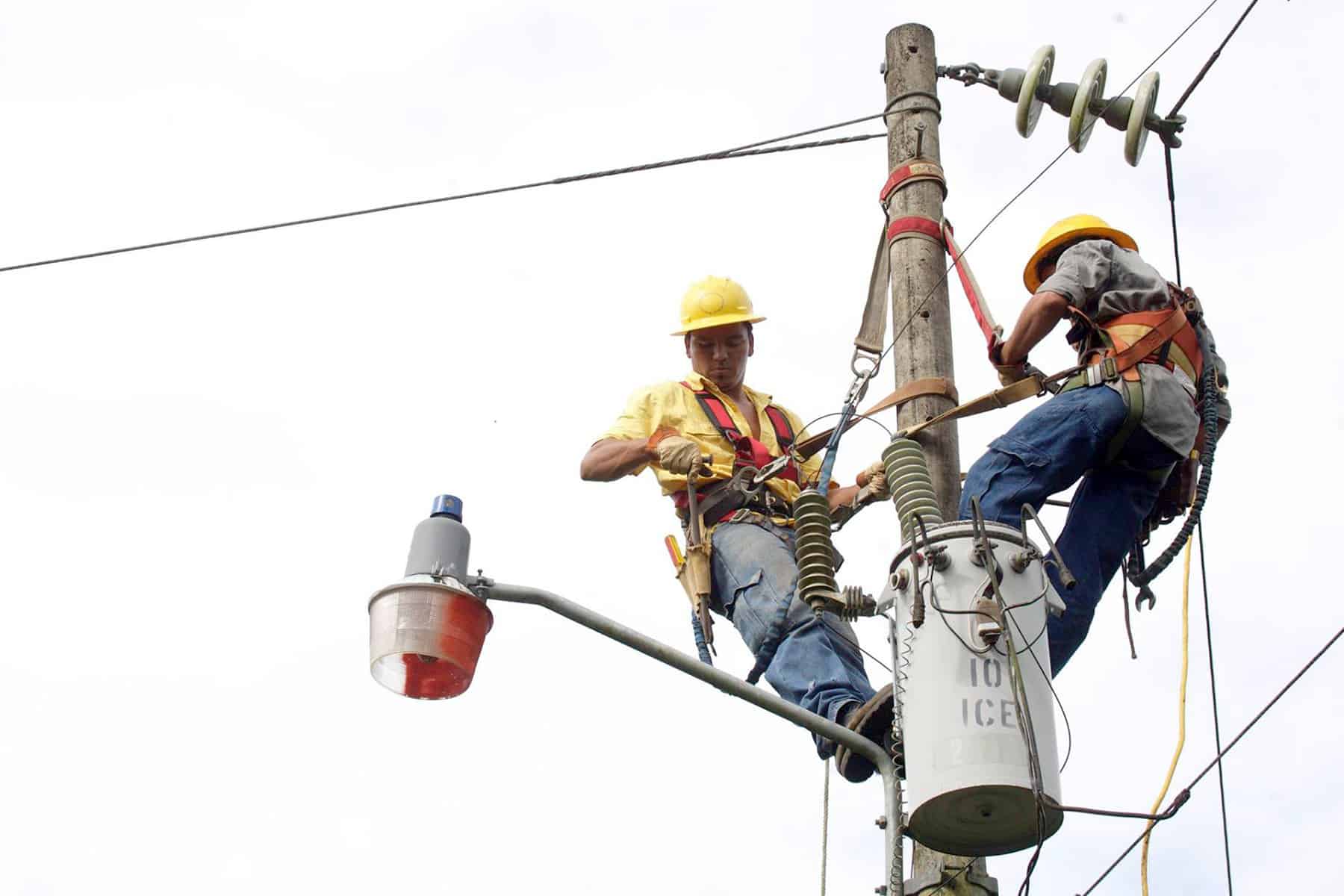In his first hours as President of Costa Rica, Rodrigo Chaves Robles signed decrees and issued directives that imply a strong reform in the financial management of the Costa Rican Electricity Institute (ICE). These reforms will aim to improve data transparency and reduce the cost of electricity rates.
In addition, he ordered authorities from the Costa Rican Electricity Institute to transfer back to the Costa Rican government the 5G mobile frequencies the institution has withheld and refused to return to the previous administration. This must be done in a maximum of six months. The authorities will then decide if the 5G frequencies will be auctioned.
Particularly, three major reforms will be introduced:
- The first one requires ICE to immediately apply International Financial Reporting Standards (IFRS)
- The second one will reclassify operating leases to financial leases
- The third is to “remove from the rate base costs associated with non-strategic assets that affect rates”
IFRS are international rules that standardize the accounting and financial results of companies. Their use prevents alternative interpretations of data, which guarantees the transparency of institutions’ finances.
By having assets as operating leases, all plant expenses are transferred to the electricity rates paid by users. This has been reported and criticized by the General Comptroller of the Republic (CGR) and the Chamber of Industries itself.
Chaves stated this Sunday that the Costa Rican Electricity Institute will have to adjust to these new standards and should request a reduction in electricity rates from the Public Services Regulatory Authority (Aresep).
“Look, those things don’t happen overnight. The Costa Rican Electricity Institute has to reclassify, really, it has to tell the truth with its financial statements. It has to make the accounting adjustments, it has to adopt the international financial reporting standards,” stated the President.
Chaves’ decree eliminates a previous one from the Ministry of Finance, dated May 2021, which exempted the Institute from complying with IFRS standards in its contracts signed before 2009. Now, the new order forces the Costa Rican Electricity Institute to “immediately” implement international financial standards regardless of the date.
The actions of the new head of the Costa Rican Electricity Institute remain uncertain and are likely to be unveiled during the upcoming weeks. Previously, he indicated he could not promise to reduce electricity rates.






